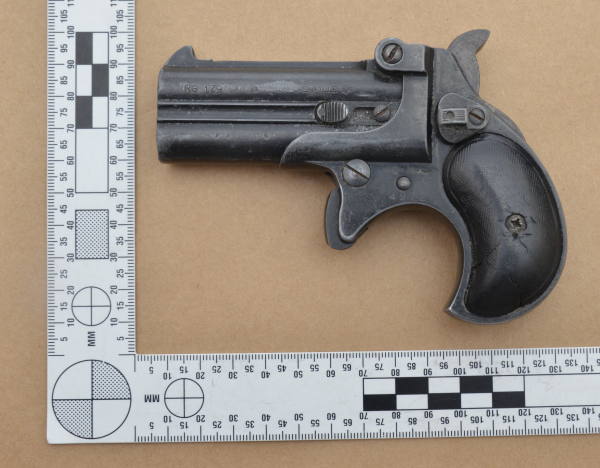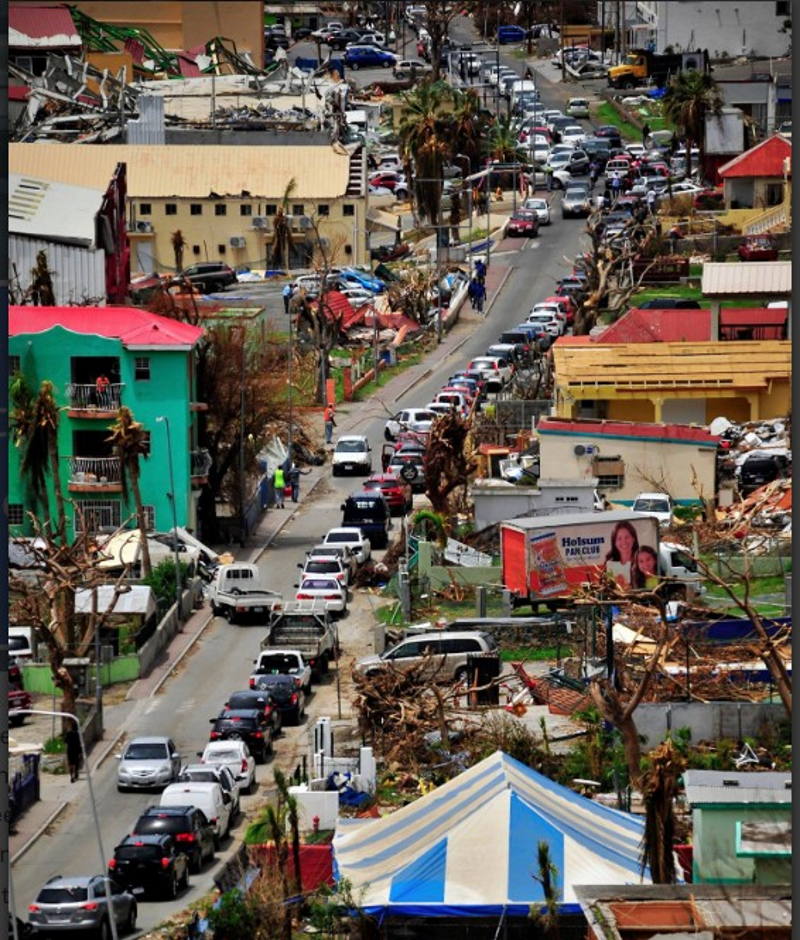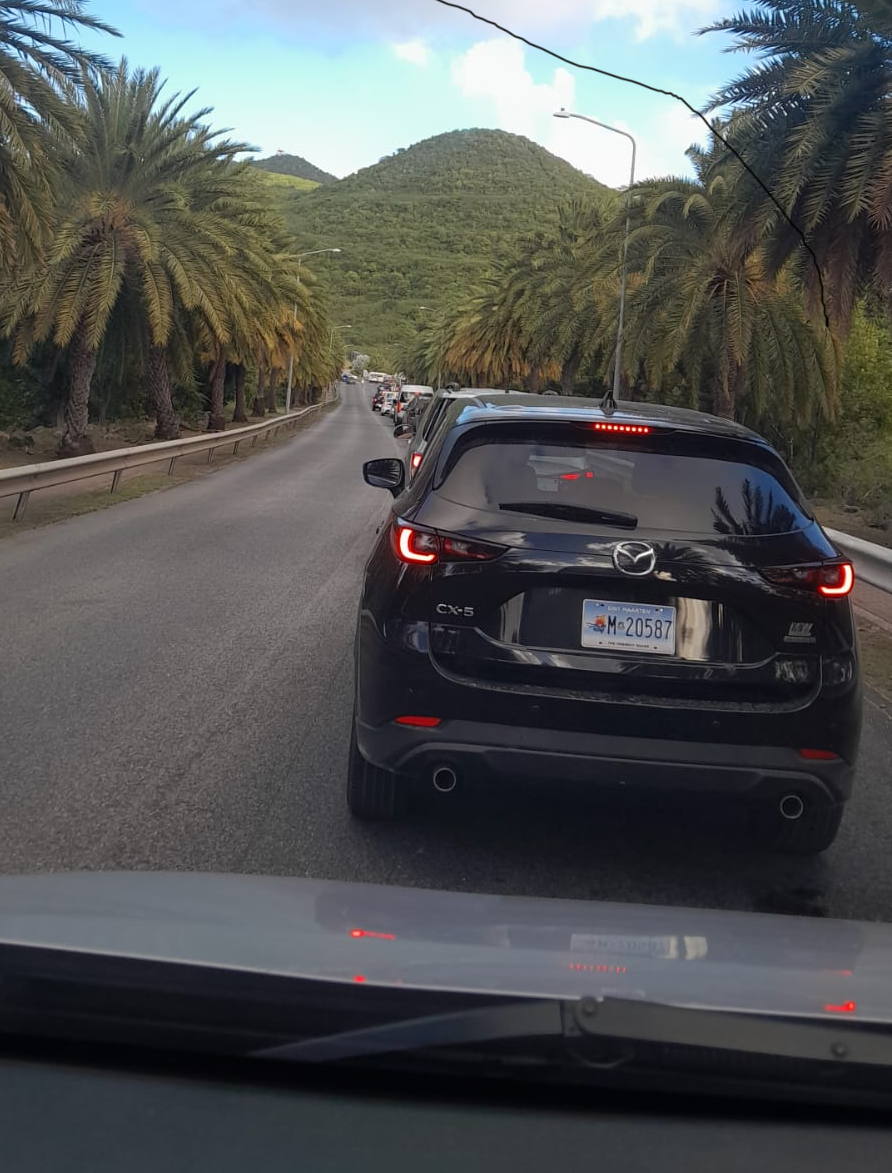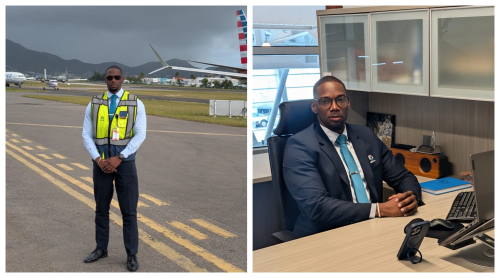 PHILIPSBURG:--- Traffic congestion on St. Maarten is not worsening due to a lack of discussion. It is deteriorating due to a lack of execution. Every day of delay compounds economic cost, public frustration, and lost confidence in governance. When public announcements about solutions begin to contradict one another, the problem extends beyond the roads themselves. In such circumstances, clarity is not optional but necessary.
PHILIPSBURG:--- Traffic congestion on St. Maarten is not worsening due to a lack of discussion. It is deteriorating due to a lack of execution. Every day of delay compounds economic cost, public frustration, and lost confidence in governance. When public announcements about solutions begin to contradict one another, the problem extends beyond the roads themselves. In such circumstances, clarity is not optional but necessary.
On 23 December 2024, The Daily Herald reported that the Minister of VROMI had engaged the United Nations Office for Project Services (UNOPS) to develop a comprehensive action plan to alleviate traffic congestion on the island. The language at the time conveyed a clear impression that a technical process had already been initiated and that strategic solutions were being actively pursued.
More than a year later, on 16 January 2026, the Government of Sint Maarten announced the signing of a Letter of Intent between the Ministry of VROMI and UNOPS to improve national mobility. One is left to wonder whether the public is being informed of a new milestone or being asked to re-read last year’s announcement under a different headline.
Taken together, these two announcements appear to describe the same process, separated not by outcomes but by time.
This sequence raises several fundamental questions that deserve clear answers:
- Does the Letter of Intent represent the conclusion of the traffic study referenced in December 2024, or the formal start of it?
-If it marks the start, what explains the more than one-year gap between public announcement and signing?
- If the study was completed, why have its findings, timelines, and recommendations not been disclosed?
- If the study is still to be conducted, what are the specific deliverables, timelines, and decision points the public should expect from it?
If the Letter of Intent is indeed the starting point of work first announced in December 2024, then the timeline suggests a prolonged period between intention and execution. Absent a clear explanation, such a delay risks being interpreted as inaction rather than strategy, particularly on an issue that has only intensified with time.
If, on the other hand, the study was already conducted during the intervening period, then transparency requires that its findings be shared. To date, no traffic analysis, recommendations, timelines, or implementation framework have been made public to demonstrate that such preparatory work took place.
What further complicates matters is that both announcements, despite being more than a year apart, were framed as progress. Yet progress, by definition, implies movement from one stage to the next. Without clarity on which stage we are actually in, repeated announcements risk creating the appearance of action rather than its substance.
When official public statements consistently require post hoc clarification to reconcile them with timelines and facts, it inevitably raises concerns about whether communication is being used to inform the public or to manage perception.
This is not a semantic debate. Traffic congestion carries tangible costs. Delayed emergency response times, lost productivity, increased fuel consumption, higher operating expenses for businesses, and daily frustration for residents are all real and measurable impacts that demand urgency, not uncertainty.
As a Member of Parliament, I have formally written to the Minister of VROMI seeking clarification on these matters, as I am receiving questions from residents who have been following these developments closely and are struggling to reconcile the narrative being presented with the timeline observed.
St. Maarten does not lack announcements. It suffers from delayed execution. Clear timelines and disclosed deliverables would allow Parliament and the public alike to assess progress on substance rather than announcements. Clear answers at this stage would help restore trust, align expectations with reality, and demonstrate the seriousness of purpose that this issue demands.
Traffic solutions cannot be built on circular messaging. They must be built on clarity, timelines, and results.
 PHILIPSBURG:--- The Police Force of Sint Maarten (KPSM) has apprehended a 52-year-old male suspect, identified by the initials R.A.A.R., in connection with arson incidents that took place in the Cole Bay area in January 2025. The arrest occurred on Thursday, January 22, 2026, following an extensive investigation.
PHILIPSBURG:--- The Police Force of Sint Maarten (KPSM) has apprehended a 52-year-old male suspect, identified by the initials R.A.A.R., in connection with arson incidents that took place in the Cole Bay area in January 2025. The arrest occurred on Thursday, January 22, 2026, following an extensive investigation. PHILIPSBURG:--- The daily commute in St. Maarten has become a showcase of chaos and neglect. On this 37-square-mile island, residents and visitors alike are trapped in a transportation nightmare, a problem that has been building for years while those in power look the other way. The frustration is boiling over, and it's time to call out the failures that have led us to this gridlocked state.
PHILIPSBURG:--- The daily commute in St. Maarten has become a showcase of chaos and neglect. On this 37-square-mile island, residents and visitors alike are trapped in a transportation nightmare, a problem that has been building for years while those in power look the other way. The frustration is boiling over, and it's time to call out the failures that have led us to this gridlocked state. The tour industry adds another layer to this dysfunction. All-terrain quads, designed for hillsides and rugged paths, are now a common sight on public roads, herded by tour guides who halt traffic to keep their convoys together. We also see three-wheeled vehicles, utterly unsuited for our steep hills, struggling to climb slopes and causing long tailbacks. One has to ask: Who is issuing the licenses for these operations? It appears the Department of Economic Affairs has failed to conduct even the most basic due diligence, handing out permits without considering the suitability of the vehicles or their impact on our roads. The fact that many of these licenses reportedly land in the hands of former politicians and their families only deepens the sense of injustice.
The tour industry adds another layer to this dysfunction. All-terrain quads, designed for hillsides and rugged paths, are now a common sight on public roads, herded by tour guides who halt traffic to keep their convoys together. We also see three-wheeled vehicles, utterly unsuited for our steep hills, struggling to climb slopes and causing long tailbacks. One has to ask: Who is issuing the licenses for these operations? It appears the Department of Economic Affairs has failed to conduct even the most basic due diligence, handing out permits without considering the suitability of the vehicles or their impact on our roads. The fact that many of these licenses reportedly land in the hands of former politicians and their families only deepens the sense of injustice. Then there is the issue of heavy equipment. A ban was once in place to keep these large vehicles off public roads during peak hours. This ban was sensibly lifted after Hurricane Irma to aid in the cleanup and rebuilding efforts. However, years have passed, and the island is largely rebuilt. Did the minister who lifted the ban forget to reinstate it? Or was it left as a permanent exemption to benefit connected individuals? The result is the same: more oversized vehicles on the road when traffic is at its worst.
Then there is the issue of heavy equipment. A ban was once in place to keep these large vehicles off public roads during peak hours. This ban was sensibly lifted after Hurricane Irma to aid in the cleanup and rebuilding efforts. However, years have passed, and the island is largely rebuilt. Did the minister who lifted the ban forget to reinstate it? Or was it left as a permanent exemption to benefit connected individuals? The result is the same: more oversized vehicles on the road when traffic is at its worst. Simpson Bay"--- Princess Juliana International Airport (PJIAE) is pleased to announce the appointment of Michael Peters as Operations Director, effective immediately. A proud son of St. Maarten, Mr. Peters brings more than a decade of hands-on aviation experience, deep institutional knowledge, and a proven commitment to operational excellence, safety, and teamwork.
Simpson Bay"--- Princess Juliana International Airport (PJIAE) is pleased to announce the appointment of Michael Peters as Operations Director, effective immediately. A proud son of St. Maarten, Mr. Peters brings more than a decade of hands-on aviation experience, deep institutional knowledge, and a proven commitment to operational excellence, safety, and teamwork.